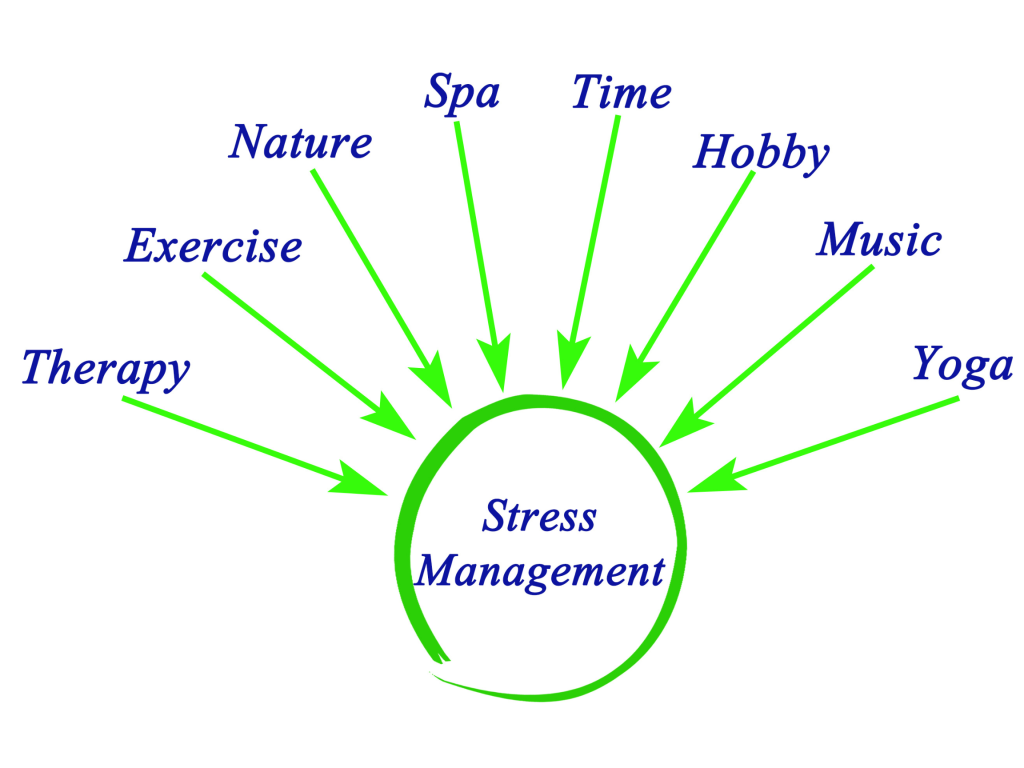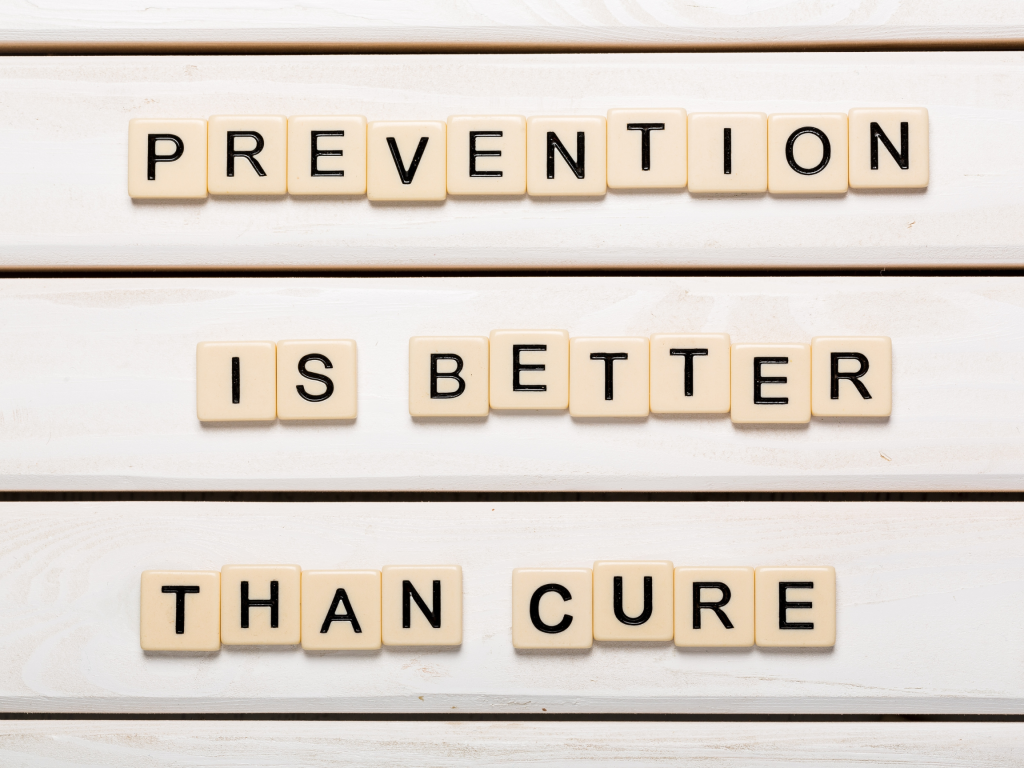Table of Contents
10 Tips for a Healthy Lifestyle
Being a mother is one of the most rewarding and demanding roles in life. As moms, you juggle countless responsibilities, from caring for your children to managing household tasks and often even pursuing careers. In the midst of this whirlwind, it’s easy to overlook one vital aspect of your life – your own well-being.
Your health matters, not just for your sake, but also for the well-being of your family. After all, you’re the heart and soul of your household, and your vitality and energy play a significant role in shaping the atmosphere at home. To help you navigate the journey of motherhood with strength, resilience, and joy, we’ve compiled a comprehensive guide: “10 Tips for a Healthy Lifestyle: A Blueprint for Wellness.”
This blog post is tailored specifically to mothers like you who are seeking ways to enhance their overall health and vitality. It’s not just about living longer; it’s about living better. We’ll explore ten essential tips that encompass nutrition, physical activity, mental well-being, and much more. By incorporating these tips into your daily routine, you can not only boost your own health but also set a positive example for your children, instilling in them the values of a healthy lifestyle from an early age.
So, let’s embark on this journey together, prioritizing self-care and well-being as we delve into the ten key principles that will help you lead a healthier, happier life as a mother.

1. Balanced Nutrition
A balanced diet is the cornerstone of a healthy lifestyle, and as a mother, you know that what you eat directly impacts your energy levels, mood, and overall well-being. Here are some key points to keep in mind:
The role of a balanced diet
- Balanced nutrition provides essential nutrients for your body to function optimally.
- It supports healthy growth and development in your children by setting a positive example.
Incorporating fruits, vegetables, and whole grains
- Aim to fill half your plate with fruits and vegetables in each meal.
- Opt for whole grains like brown rice, quinoa, and whole wheat bread over refined grains.
The significance of portion control
- Be mindful of portion sizes to prevent overeating.
- Pay attention to your body’s hunger and fullness cues.
Avoiding processed foods and excessive sugar
- Limit processed foods high in added sugars, salt, and unhealthy fats.
- Choose natural sweeteners like honey or maple syrup when needed.
Teaching your children the importance of a balanced diet from an early age is a gift that will serve them well throughout their lives. Involve them in meal planning and preparation, making it a fun and educational family activity.

2. Regular Physical Activity
Physical activity is not only essential for maintaining a healthy weight but also for promoting overall well-being. As a mother, incorporating regular exercise into your routine sets a great example for your children and helps you stay active and energized. Here’s how to do it effectively:
Benefits of exercise for overall health
- Regular physical activity reduces the risk of chronic diseases like heart disease and diabetes.
- It boosts mood and reduces stress, which is especially important for busy moms.
- Exercise can enhance your quality of sleep, allowing you to wake up refreshed and ready to tackle the day.
Finding an exercise routine that suits you
- Choose activities you enjoy to make exercise a sustainable part of your life.
- Consider family-friendly activities like hiking, biking, or playing sports with your kids.
Incorporating both aerobic and strength training
- Aim for at least 150 minutes of moderate-intensity aerobic activity per week.
- Include strength training exercises at least two days a week to build and maintain muscle mass.
Staying consistent with your fitness regimen
- Create a schedule that works for you and your family, and stick to it.
- Encourage your children to be active alongside you, whether it’s playing in the park or dancing in the living room.
By prioritizing physical activity, you not only improve your health but also instill in your children the importance of staying active throughout their lives. It’s a wonderful opportunity for bonding and creating lasting memories together.

3. Adequate Hydration
Water is the essence of life, and ensuring you and your children stay properly hydrated is a fundamental aspect of a healthy lifestyle. Here’s why hydration is so crucial and how to make it a habit for your family:
The importance of staying hydrated
- Water is essential for every bodily function, from digestion to temperature regulation.
- It helps maintain clear skin and healthy joints, benefiting both you and your children.
Recommended daily water intake
- Aim to drink at least eight 8-ounce glasses of water a day, but individual needs may vary.
- Encourage your children to drink water throughout the day, especially during physical activities.
Creative ways to make hydration enjoyable
- Infuse water with fruits like berries, citrus, or cucumber for a refreshing twist.
- Offer a variety of water-based foods like watermelon, oranges, and cucumber slices as snacks.
Signs of dehydration to watch out for
- Thirst is an obvious sign, but other symptoms include dark urine, dry skin, and fatigue.
- Teach your children to recognize signs of thirst and the importance of drinking water.
Making hydration a family priority not only supports your well-being but also helps your children develop a healthy habit that will benefit them for years to come.

4. Quality Sleep
Quality sleep is often underrated, especially by busy mothers. However, it’s a fundamental pillar of a healthy lifestyle that significantly impacts your physical and mental well-being. Here’s how you can prioritize sleep for yourself and your family:
Understanding the role of sleep in health
- Sleep is essential for proper cognitive function, memory consolidation, and emotional well-being.
- Adequate sleep is crucial for your children’s growth and development.
Establishing a sleep schedule
- Aim for a consistent bedtime and wake-up time, even on weekends.
- Create a calming bedtime routine to signal to your body that it’s time to wind down.
Creating a relaxing bedtime routine
- Limit screen time before bed, as the blue light can interfere with sleep.
- Read bedtime stories to your children to promote relaxation and bonding.
Managing sleep disorders
- If you or your children struggle with sleep disorders like insomnia or sleep apnea, seek professional help.
- Prioritize addressing sleep issues to ensure everyone in your family gets the rest they need.
By recognizing the importance of quality sleep and creating a sleep-friendly environment, you can improve your overall health and help your children thrive. A well-rested family is a healthier, happier one.

5. Stress Management
Stress is an inevitable part of life, especially for mothers juggling multiple responsibilities. However, how you manage stress can have a profound impact on your health and your family’s well-being. Here’s how to tackle stress effectively:
Recognizing the impact of stress on health
- Prolonged stress can lead to physical and mental health issues, such as high blood pressure and anxiety.
- Children can also be affected by their mother’s stress, so it’s essential to address it.
Stress reduction techniques
- Practice relaxation techniques like deep breathing, meditation, or yoga.
- Engage in hobbies or activities you enjoy to relieve stress and boost your mood.
Mindfulness and meditation practices
- Teach your children mindfulness techniques to help them manage stress and emotions.
- Practice mindfulness together as a family through activities like deep breathing exercises.
Seeking professional help when needed
- Don’t hesitate to reach out to a therapist or counselor if stress becomes overwhelming.
- Encourage open communication with your children and provide them with resources for managing stress, such as school counselors.
Prioritizing stress management not only benefits your health but also sets a positive example for your children on how to cope with life’s challenges in a healthy way.

6. Social Connections
As a mother, your life is often centered around your family, but it’s essential not to forget the importance of maintaining social connections outside of your immediate household. Cultivating meaningful relationships can be a powerful tool for your well-being and your children’s development. Here’s how to do it effectively:
The significance of social interactions
- Social connections provide emotional support, reducing feelings of isolation and loneliness.
- They can be a source of joy and companionship, which is vital for mental health.
Building and maintaining meaningful relationships
- Make time for your friends and family members outside of your immediate household.
- Engage in social activities or clubs that align with your interests and passions.
Joining clubs or groups with shared interests
- Seek out local parent groups, hobby clubs, or volunteer organizations where you can connect with like-minded individuals.
- These connections can lead to lasting friendships and a sense of belonging.
Nurturing emotional connections
- Encourage your children to build and maintain friendships, helping them develop valuable social skills.
- Teach empathy and kindness to promote healthy relationships within your family and beyond.
Balancing your family responsibilities with social connections is crucial for your mental and emotional well-being. Your children also benefit from observing healthy social interactions and forming their own relationships.

7. Mental Health Awareness
Amidst the many responsibilities of motherhood, it’s easy to prioritize the well-being of your family over your own mental health. However, maintaining good mental health is essential for both you and your children. Here’s how to prioritize and nurture your mental well-being:
Destigmatizing mental health issues
- Understand that mental health is just as important as physical health, and it’s okay to seek help when needed.
- By addressing your mental health, you set a positive example for your children, teaching them the importance of emotional well-being.
The importance of self-care
- Make self-care a non-negotiable part of your routine, whether it’s through meditation, journaling, or pursuing hobbies.
- Prioritize activities that bring you joy and relaxation.
Seeking help when dealing with mental health challenges
- If you’re struggling with stress, anxiety, or depression, don’t hesitate to reach out to a mental health professional.
- Encourage open conversations about emotions with your children and let them know it’s okay to ask for help when they need it.
Promoting mental well-being in everyday life
- Create a positive and supportive home environment where emotional expression is encouraged.
- Teach your children emotional intelligence by helping them identify and manage their feelings.
Prioritizing mental health as a mother not only benefits you but also contributes to a healthier family dynamic. By acknowledging and addressing mental health challenges, you pave the way for a happier and more resilient household.

8. Limiting Alcohol and Tobacco
Maintaining a healthy lifestyle as a mother involves making conscious choices, and one of the most impactful decisions you can make is to limit or eliminate alcohol and tobacco use. These substances can have a significant impact on your health and the well-being of your family. Here’s why it’s crucial:
The effects of excessive alcohol and tobacco use
- Excessive alcohol consumption can lead to addiction, liver damage, and a range of physical and mental health issues.
- Tobacco use is a leading cause of preventable diseases like cancer, heart disease, and respiratory conditions.
Strategies for reducing or quitting
- If you choose to consume alcohol, do so in moderation and be mindful of its effects on your body and behavior.
- Seek support from healthcare professionals or support groups if you’re trying to quit smoking or drinking.
Seeking support in managing addiction
- If you or a family member struggles with addiction, don’t hesitate to seek professional help.
- Consider family therapy or counseling to address the impact of addiction on your family dynamics.
By making informed decisions about alcohol and tobacco use, you protect your health and create a healthier environment for your children. It’s also an opportunity to model healthy behaviors and educate your children about the risks associated with these substances.

9. Preventive Healthcare
Prioritizing preventive healthcare is a proactive way to safeguard your well-being and that of your family. Regular check-ups and screenings can help detect and address potential health issues early, ensuring a healthier and happier family life. Here’s how to make preventive healthcare a part of your family’s routine:
The value of regular check-ups and screenings
- Schedule regular check-ups with your healthcare provider, and encourage your children to do the same.
- Routine screenings and vaccinations are essential for detecting and preventing health issues.
Vaccinations and immunizations
- Stay up-to-date with recommended vaccines for both you and your children.
- Vaccines play a crucial role in preventing serious diseases and promoting community health.
Health insurance and access to healthcare
- Ensure that you and your family have adequate health insurance coverage.
- Explore options for affordable healthcare services, especially if you face financial constraints.
Early detection and intervention
- Regular check-ups and screenings can detect health issues in their early stages when they’re more manageable.
- Encourage your children to be proactive about their health and seek medical attention when needed.
By making preventive healthcare a priority, you empower your family to take control of their health and well-being. It’s an investment in a healthier future and peace of mind for both you and your children.

10. Setting Goals and Tracking Progress
As a mother, you understand the significance of setting goals and tracking progress in various aspects of your life. When it comes to maintaining a healthy lifestyle, this practice is equally valuable. Here’s how setting goals and monitoring your family’s progress can help you achieve a healthier and happier life:
The importance of setting health goals
- Goals provide direction and motivation for your family’s journey to better health.
- They help you stay accountable and focused on making positive changes.
Tracking progress and celebrating achievements
- Keep a journal or use a health app to record your family’s achievements and milestones.
- Celebrate small victories along the way to maintain motivation and momentum.
Adjusting and adapting your healthy lifestyle plan
- Be flexible and open to adjustments as you learn what works best for your family.
- Continuously assess and tweak your goals to ensure they align with your evolving needs and priorities.
Setting health goals and tracking your progress isn’t just about reaching a specific weight or fitness level; it’s about building a sustainable and fulfilling lifestyle for you and your family. It’s a journey that promotes overall well-being and brings you closer to your vision of a healthy and happy life together.
Final Thoughts
In your journey as a mother, there’s no greater gift you can give to yourself and your family than a commitment to a healthy lifestyle. By following the ten tips outlined in this guide, you’ve embarked on a path to wellness that will not only benefit you but also nurture the well-being of your entire family.
As you reflect on these tips, remember that you’re not alone on this journey. Reach out to fellow mothers, friends, and family members for support and encouragement. Share your experiences and insights, and together, you can inspire each other to maintain a healthy and happy lifestyle.
In the end, a healthy lifestyle isn’t just about living longer; it’s about living better. It’s about having the energy to chase after your children, the vitality to enjoy life’s precious moments, and the resilience to overcome challenges with grace and confidence.
So, go ahead and embrace these tips as a blueprint for wellness, and start making positive changes today. Your health and the well-being of your family are worth every effort, and the benefits will ripple through the generations, leaving a legacy of vitality, happiness, and love. Here’s to a healthier and happier you, and a brighter future for your family!



